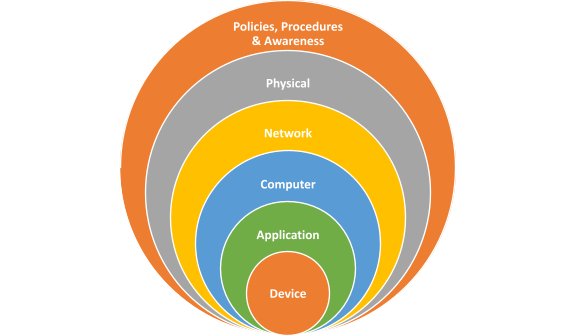
What is Server Hardening Testing?
“Server” is such a common term that everybody have heard about this term those who are working in technical domain. Especially in the IT field, one must know how crucial servers are for the business due to the fact that servers are places for businesses to store, access, and exchange information but they will also enhance the efficiency and productivity of the business. Servers plays a crucial part in company’s growth.
However, there are numerous servers in the world that are attacked every day by the hackers, and the organizations are always looking for solutions to prevent those. So hardening the servers is one of the right answers to protect the servers and your business from the attackers.
Server hardening is the process of configuring the server operating system to increase its security and prevent it from unauthorized access. It is the requirement of security frameworks such as PCI-DSS and is typically included when corporations adopt ISO 27001.

Applicability
Increasingly, “phishing” emails do more than just impersonate a bank in the effort to steal consumers’ information. Thieves may send a spam email message, instant message, or pop-up message that infects the consumer’s PC with spyware or ransomware and gives control of it to the thief.
Today, regardless of the maturity and periodicity of a company’s security awareness plans, social engineering remains the number one threat in breaching security defences. In some cases, threats originate from unintentional negligence of employees, giving access to or choosing to divulge sensitive information. The evolution and combination of various techniques requires even non-technical employees to stay vigilant and improve detecting attacks. To respond to this, companies need to change their security awareness and email culture.
To combat the growing threat of social engineering, CyberSRC® provides Phishing as a Service: a CyberSRC® run service that can be leveraged in an ad-hoc manner or integrated in wider security awareness and security testing projects. The service is built on top of an extensible, computational, power-aware and light-weight platform, that may be hosted without constraints depending on client operational and security requirements.
Objective
The goal of server hardening is to decrease security risk by removing potential attack vectors and reducing the system’s attack surface. This is typically done by removing all non-essential software programs and utilities from the computer. While these programs may offer useful features to the user, but if they provide “back-door” access to the system, they must be removed during system hardening.
By removing unnecessary programs, accounts functions, applications, ports, permissions, access, etc., Attackers and malware have fewer opportunities to gain a foothold within your IT ecosystem.
Approach
Server hardening is the process of securing a server by lowering the vulnerability surface by providing numerous means of protection in a computer system. The protection provided to the system has a layered approach (see the picture below)

Defence in layers means to guard on the host level, application level, operating system level, user level, and physical level. The method of defence furnished at each layer has a distinctive approach.
The precise steps that one should take to harden a server may be unique relying on the type of operating systems and programs the organisation has.
Why CyberSRC®?
Established in January 2018, CyberSRC® Consultancy offers the full machination of cyber security services ranging from threat intelligence, VMS to general advisory services in areas pertaining to Cyber security such as vulnerability attacks, compliance, and cyber security regulations, and laws. We are into system audits such as ISNP Audits, NBFC Audits, UCB Audits, PPI Audits, and SEBI Audits. We provide our solutions with better accountability. We are a certified assurance firm. We are an ISO 27001 certified organization, backed by a very diverse and dynamic team which have a combined experience.
